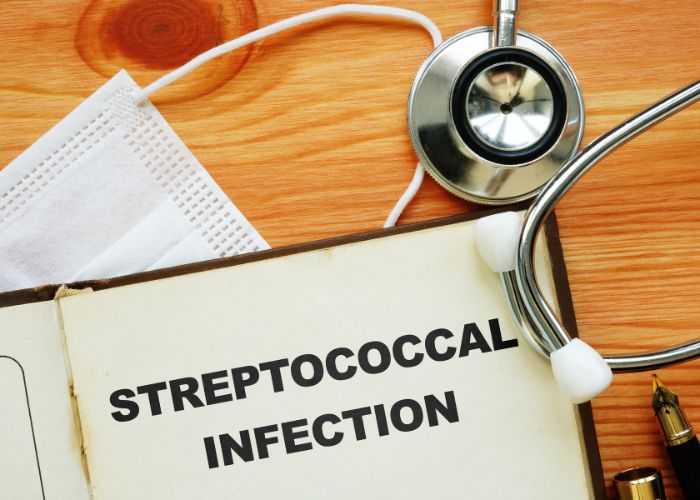The Ministry of Health in Spain asks regional authorities to be extra alert to the increase in Group A streptococcal infections among children. While these are often treatable infections, several children have already died in the UK, France and Spain.
Minister Carolina Darias received a message from the British Ministry of Health on December 2 that an increase in the number of Group A streptococcal infections among minors had been observed in the UK. Since September, the number of infections in that country has been rising. And so far nine minors have died after such an infection.
Deaths also reported in Spain and France
France also reported rising rates of Group A streptococcal infections in the past two weeks. In the past 15 days, two children and one adult have died from this infection.
In the Madrid region, two minors have died of infection in recent weeks. And, furthermore, another 14 had to be hospitalised for an invasive streptococcal infection (meningitis, septic shock and pneumonia). However, for the time being, the Ministry of Health, together with the regional authorities, is “actively monitoring” the development of this virus in Spain.
What is streptococcus and is it dangerous?
Streptococci are a group of bacteria that can cause various diseases in humans. Some types of streptococci occur in the body without causing any symptoms. In case of illness, the symptoms are usually mild, such as scarlet fever, laryngitis and impetigo. However, when the bacteria enters the bloodstream or underlying tissue, there is an invasive infection. Such an infection can cause serious complaints such as blood poisoning. The bacteria is also called the ‘flesh-eating bacteria’ because an invasive infection can lead to the death of skin and muscles.
A streptococcal infection is quite contagious. Coughing, sneezing and talking loudly can transfer droplets containing the bacteria from one person to another. The bacteria can also be passed on through touch. The infection is transmissible up to 24 hours after completing a course of antibiotics.
Spanish pediatricians call for calm
Although the figures in Spain, the UK and France are quite alarming, paediatricians in Spain are urging people to remain calm and follow doctor’s instructions after an infection. In principle, streptococci can often be treated at home with antibiotics. However, parents should consult a doctor if there is loss of consciousness, sudden high fever, disturbed respiratory symptoms, suspicious spots on the skin and drowsiness.


